

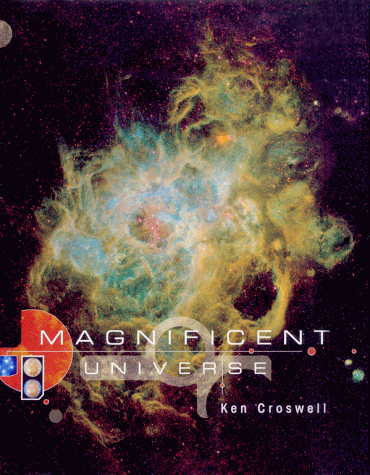

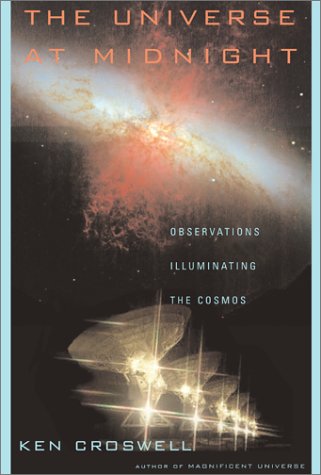

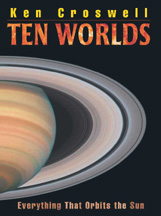
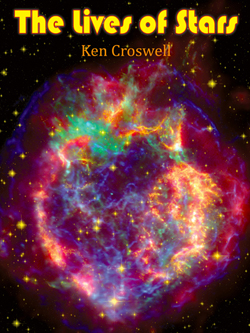
| BOOKS | F. A. Q. | ARTICLES | TALKS | ABOUT KEN | DONATE | BEYOND OUR KEN |
|---|
By Ken Croswell
Published on ScienceNOW (January 6, 2012)
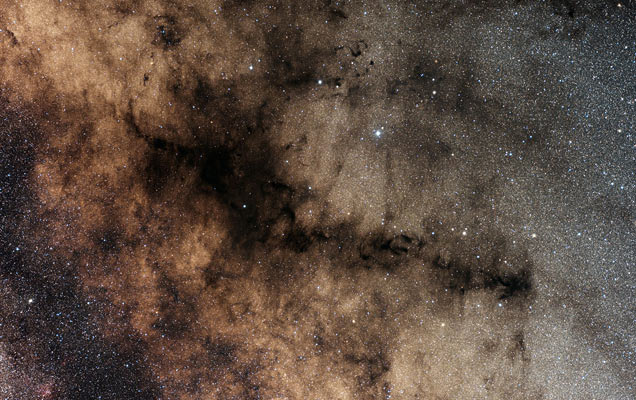
Credit: Yuri Beletsky/European Southern Observatory
Not every young actor grows into a sensation on the silver screen. And not every cloud in the cold of space blossoms into a brilliant star. A clump of gas and dust that once was destined to shine in the constellation Ophiuchus seems to be disintegrating, astronomers say, and will never become a star at all. The clue comes from the cloud's chemicals. To create a star, a cloud collapses and grows dense; chemical reactions in the dense gas then form compounds of sulfur and oxygen. European astronomers have found that a clump of gas in the dark Pipe Nebula--shown here and visible to the unaided eye--is rich in sulfur oxides, a sign the clump was once dense. But now the clump is diffuse, suggesting outside forces are shattering it and have dashed any hopes of stardom. Located 450 light-years from Earth and dubbed core 47, the starless object is one of more than a hundred clumps embedded in the Pipe Nebula, which stretches across 55 light-years but has yet to spawn many stars, making it a perfect place to study the first stages of star birth--and star failure.
Ken Croswell is an astronomer and the author of The Lives of Stars.
"A stellar picture of what we know or guess about those distant lights."--Kirkus. See all reviews of The Lives of Stars here.
| BOOKS | F. A. Q. | ARTICLES | TALKS | ABOUT KEN | DONATE | BEYOND OUR KEN |
|---|